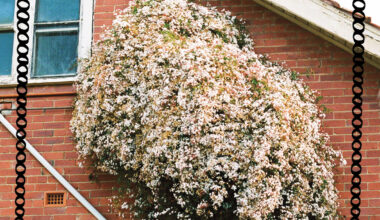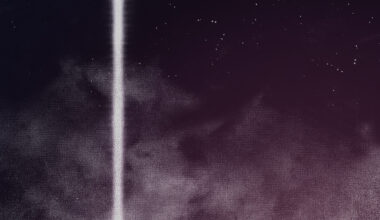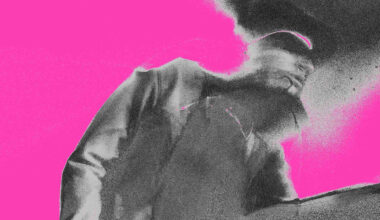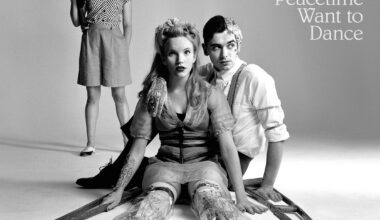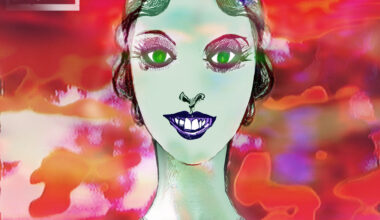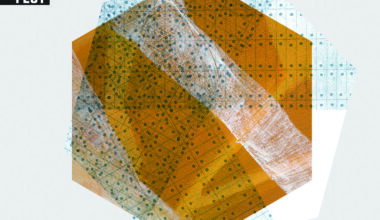Two albums celebrating the granddaddy of all things ambient, experimental and electronic


At 80 years of age, Hans-Joachim Roedelius is the surviving father of the experimental German music movement and, indeed, one of the oldest people still actively involved in rock and post-rock.
He was born in 1934, the year before Elvis, and spent his gilded early years as a child film actor in Nazi Germany. Following the war, his fortunes faded rapidly and he shuttled between East and West Germany, forced to fall back on his own resourcefulness to eke out an existence before fetching up in Berlin in the late 1960s, where he was one of the founder members of the Zodiak Free Arts Lab.
Roedelius was an extreme noisenik in those days, with the Human Being collective and in Kluster, the first version of Cluster, alongside Dieter Moebius and Conrad Schnitzler. Vastly prolific, however, he has moved from AMM-style abrasion and abstraction towards a style more similar to his sometime associate Brian Eno – graceful watercolours in sound, whose agitation is sublimated like the frantic underwater pedalling of a swan.
‘Tape Archive 1973-78’ is a collection of instrumentals Roedelius made in his private workspace during the hours he was not in collaboration – fascinating sketches, tentative blueprints, fragments of ideas that point to futures that did or did not come to pass. They were created using a Farfisa organ, a borrowed synthesiser, an echo device, and a tape machine he kept running the whole time.
The tracks vary from the dark, sepulchral, ebbing drone of ‘Nächtens In Forst’ to ‘Frisch Auf’, minimal and circular pieces that are a little reminiscent of Terry Riley. There are also versions of what would become ‘By This River’, which appeared on Eno’s ‘Before And After Science’, as well as ‘Am Röckchen’, which chugs and grooves with Kraftwerkian serenity. The cumulative effect of the album is exquisite, like Chinese water torture in reverse.
‘Kollection 02’, part of a curated series by Bureau B, is compiled by the seemingly unlikely figure of Lloyd Cole. He was, however, of a post-punk generation for who the likes of Kraftwerk, Neu! and Can were as mandatory as an Inter-Rail gap year holiday. Cole, the melodicist, found his way to Cluster and, as he explains in his liner notes, to Roedelius in particular.
It’s impossible to encapsulate the full sweep of Roedelius’ solo work. These synth and organ compositions are a mere selection of peaks among a vast, beautiful and remote mountain range still too infrequently visited. The highlights of this judicious collection include the opener, ‘Etoiles’, from 1979’s ‘Garden Au Fou’, a small, shining thing of simple, untutored beauty.
Elsewhere, there’s ‘Ampfer’, another 70s track, whose enigmatic, naturalistic synthscape paints impossible pictures, like leaves of mauve blossom falling on a late autumn afternoon; the strangely formal, waltzing ‘Zeremoniell’, like a tiny, handmade, avant garde music box; the jaunty ‘Cafe Central’, an urban, impressionist sketch in electronics that recalls the sublime cheerfulness of Eno’s ‘Another Green World’; and the quietly magisterial ‘The Diary Of The Unforgotten’, slender, minimal yet timeless, as if destined to endure through the ages.
These pieces feel pre-distressed, as if the modern-day hauntological sheen was intended, that they hankered both backward and forward in time even in the pre-electropop/techno era in which they were made. Far from having dated, they seem to have grown in significance, not only because of the soundworlds they anticipate, but also the quiet, insistence intensity of their creator and the “raging peace” (copyright Julian Cope) they achieve.
